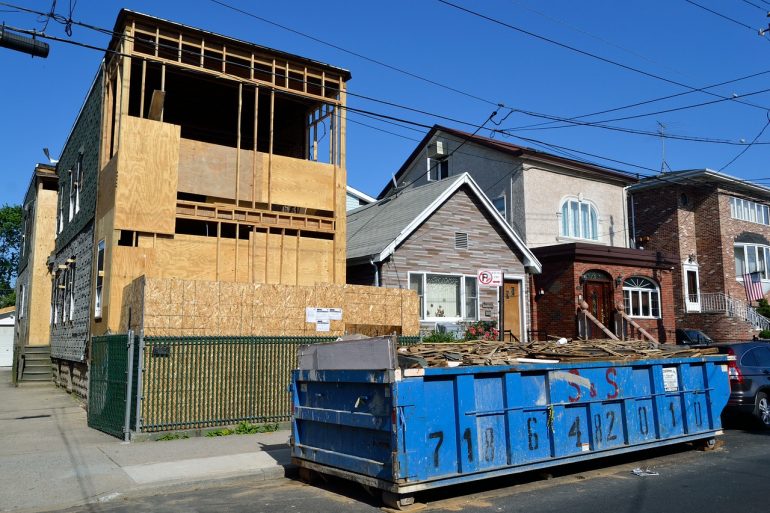Whether building a custom home for your family or constructing investment properties, tackling an entire build yourself raises endless queries from planning to completion. Here are answers to the most frequently asked DIY questions.
How Much Will It All Really Cost?
The major worry for owner-builders is spending vastly more than budgets allow halfway through projects, a common home construction headache. Comprehensive quote analysis prevents nasty financial surprises.
Beyond obvious outlays for land, foundations and raw materials, factor in day-to-day costs like skip rentals, temporary fencing/utilities plus subcontractor plant hire where needed. Don’t underestimate preparatory expenses like architects’ drawings, ecology surveys or council permits. Contingency funds covering unexpected delays from weather or defective supplies cushion budgets too.
A detailed spreadsheet capturing everything gives realistic total spend estimates before committing ‘life savings’ that prove inadequate three months in.
How Can I Find The Right Construction Products For My Needs?
Choosing from thousands of building material product lines leaves self-builders overwhelmed in determining quality solutions that also meet regulations. Always check certification credentials indicating suppliers adhere to required UK standards.
Trade associations offer specialist support referencing suitable products for different property aspects like foundations, walls, or roofs. Their technical guidance resources help novice builders pick high-performing options matching unique architectural plans.
Seeking reputable manufacturer advice prevents problems like damp occurrence, flood damage or structure issues needing urgent fixes post-completion. Make sure you do your research when you buy construction products online. Don’t become another statistic struggling with defective builds – let experts assist product selection suiting sites.
Who Can I Trust As Reliable Tradespeople?
Even proficient DIY-ers need to employ electricians, plumbers and roofers for complex works legally requiring certified professional skills. Finding cowboys delivers shoddy outcomes requiring expensive corrections later, however.
Always verify qualifications through trade bodies ensuring tradespeople’s proven competence meets industry standards. Check for public liability insurance to guard your project should site accidents occur.
Examining previous customer reviews and then inspecting examples of current work in progress determines best value reliability. Ideally, find locals that have been referred – their quality reputation hinges on benefitting community neighbours rather than ripping off customers just passing through.
How Do I Avoid Planning Permission Pitfalls?
Navigating administrative paperwork poses headaches for self-building novices unclear on processes. Planning Portal guidelines clarify if permissions are required based on property specifics like height, footprint, and location type. Where uncertain, approach council planning officers directly to confirm obligations for intended works.
Submit applications allowing 12 weeks minimum plus time to action any revisions requested to prevent approved work delays holding things up. Book ecology surveys in advance too as these often influence designs based on environmental findings. Getting consents fully in order before any groundwork allows smooth site progression later. Don’t become another self-build horror story forced to tear down improperly approved elements halfway!
Take uncertainty and stress out of self-led home builds by first addressing the common questions above. Determine accurate budgets based on holistic quote analysis. Lean on trade organisations for sourcing suitable building solutions. And invest time confirming administrative obligations upfront to avoid unapproved works enforced removals. Follow these steps for constructing dream properties minus the headaches hampering amateur efforts.





